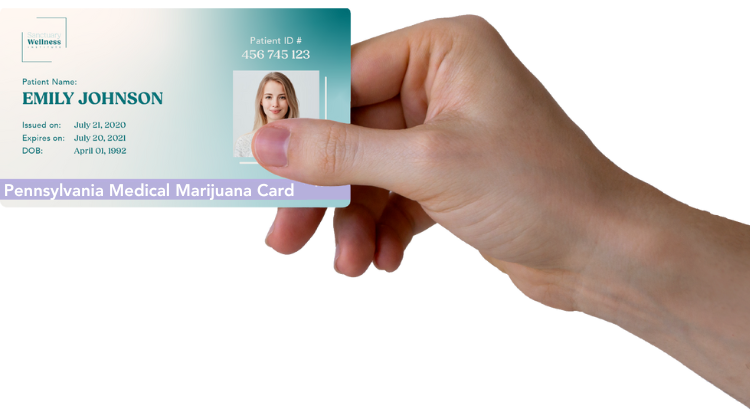Get a Medical Marijuana Card in PA
Call us to use Afterpay:
4 Payments of $37.25 for New Patients and $22.25 for Renewals.
Receive a full refund if not approved.
Have questions or prefer to schedule on the phone?
Call: (484) 346-5140














